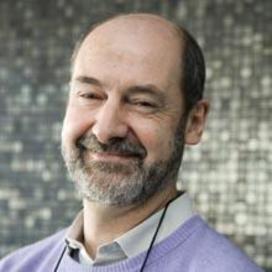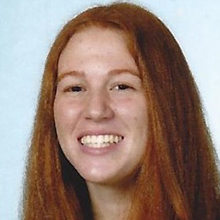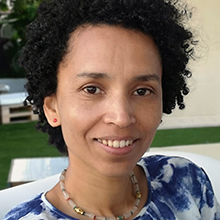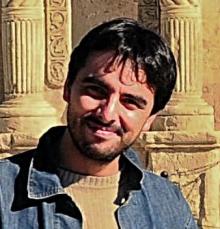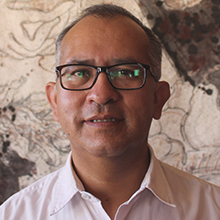Chagas
Through research, training and the establishment of synergies with other centres and organizations, we seek to provide greater visibility and resources to the fight against this neglected disease
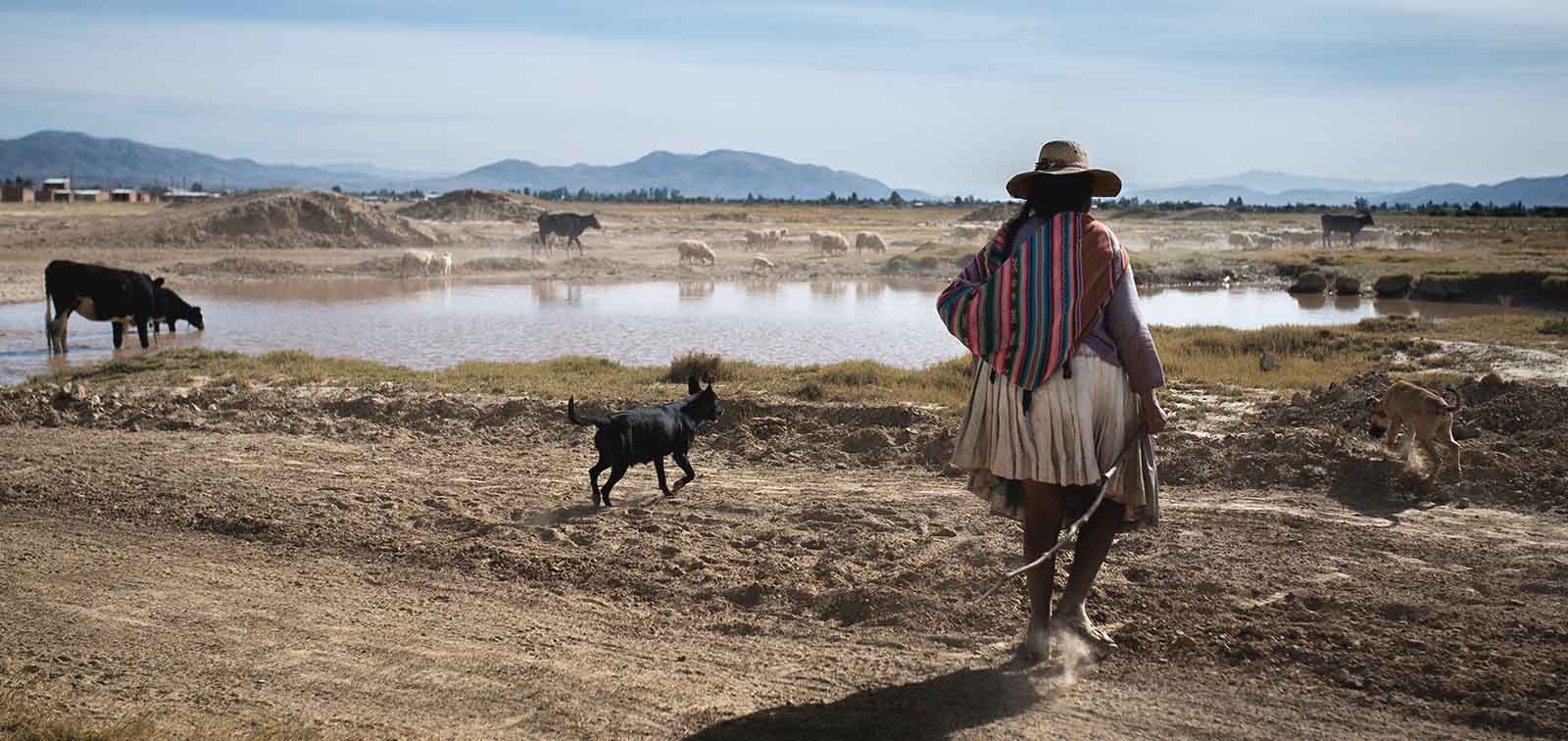
Through research, training and the creation of synergies with other centres and organisations, we aim to bring greater visibility and resources to the fight against this neglected disease.
Between 6 and 7 million people worldwide are estimated to be infected by the Trypanosoma cruzi parasite, which causes Chagas disease. However, the vast majority of these people do not have access to diagnosis and treatment.
According to the World Health Organization (WHO) classification, there are 25 neglected tropical diseases (NTDs), most of which can be prevented or eliminated. It is estimated that one in six of the world's population, mainly in developing countries, suffers from one or more of these diseases. Despite the suffering and disability they cause, the NTDs have low visibility and low priority, since they affect vulnerable populations with little political voice. Chagas is one of those diseases, on which we have focused our efforts for more than two decades.
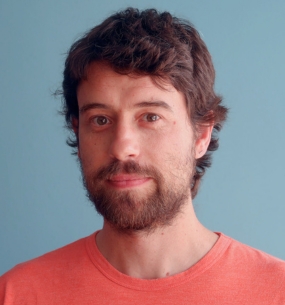
The Initiative will continue to contribute to the fight against Chagas disease, enriching its model of learning, research, training, knowledge transfer and direct care in collaboration with our partners. This is a disease that knows no borders, and our vision is to adapt the care model from this global perspective, without losing sight of the fact that the ultimate goal of all our work is people.
Julio Alonso Padilla, Director of the Chagas Initiative
Since 2002, the ISGlobal team has been working with civil society and health authorities to carry out research, training and care activities on Chagas disease in endemic and non-endemic areas, implementing a global health approach due to the mobility of affected populations. This involves promoting a model of exchange, training and coordinated care.
The Chagas Initiative is currently working on research into point-of-care diagnostic methods and, in collaboration with the SANIT Foundation, on improving comprehensive care in the Gran Chaco region of Bolivia, including a focus on cardiovascular complications, through an agreement with Novartis. In Paraguay, it is helping to expand access to diagnosis and treatment with the support of the Spanish Agency for International Development Cooperation (AECID) and the PROBITAS Foundation, together with local health authorities, the Centre for the Development of Scientific Research (CEDIC) and the Centre for Information and Resources for Development (CIRD).
On the other hand, we are continuing our collaboration in the Ibero-American Network NHEPACHA (New Tools for the Diagnosis and Evaluation of Patients with Chagas Disease), dedicated to accelerating the development of new tools for the diagnosis and treatment of the disease, a network in which we currently coordinate the Laboratory Working Group and participate very actively in the Clinical Working Group. We are also part of the CYTED-RENATEC Network, whose main objective is to explore the chemical space of natural resources in search of new antiparasitic molecules.
In 2009, with the continued support of AECID, ISGlobal, the CEADES Foundation, the Universidad Mayor de San Simón (Cochabamba, Bolivia), the Universidad Autónoma Juan Misael Saracho (Tarija, Bolivia) and the National Chagas Programme in Bolivia established the Platform for Comprehensive Care of Chagas Patients. Since then, more than 190,000 people have been treated at the platform's centres.
Key facts
From a public health perspective, ISGlobal supports the global consensus on early detection of infection in women of childbearing age, children and newborns. Similarly, ISGlobal considers quality care for people with chronic infection to be a priority in order to prevent or control the cardiac, digestive and neurological complications that this disease can cause.
Together with its partners in the Global Chagas Coalition, the Initiative supports WHO and PAHO's efforts to eliminate the disease as a public health concern by the end of the decade. It is also a member of the Advisory Board of the regional No Baby with Chagas Disease initiative (Ningún Bebé con Chagas) to control mother-to-child transmission, a commitment of the member countries of the Secretariat of Ibero-American States.

Our Team
Initiative Co-Directors
-
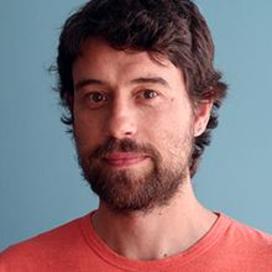 Julio Alonso Padilla Assistant Research Professor, Director of the Chagas Initiative
Julio Alonso Padilla Assistant Research Professor, Director of the Chagas Initiative
Initiative Coordinator
-
 Irene Losada Medical Research Fellow, Chagas Initiative Coordinator
Irene Losada Medical Research Fellow, Chagas Initiative Coordinator
ISGlobal Team
-
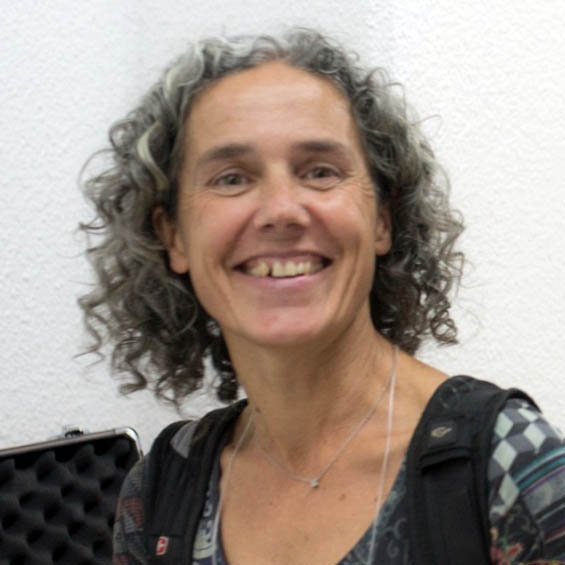 Cristina Alonso-Vega Clinical Trial Monitor
Cristina Alonso-Vega Clinical Trial Monitor -
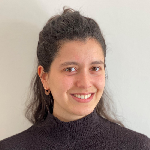 Sofía Ardiles Research Assistant
Sofía Ardiles Research Assistant -
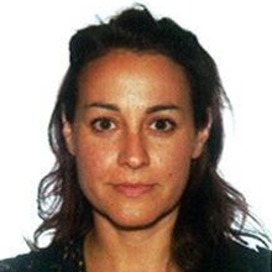 Cristina Ballart Associated Researcher
Cristina Ballart Associated Researcher -
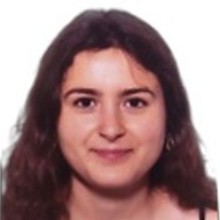 Elisa Escabia Laboratory Technician
Elisa Escabia Laboratory Technician -
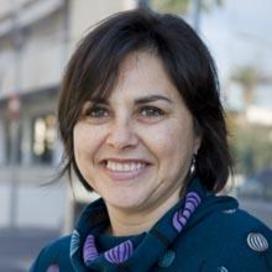 Carmen Fernández Associate Research Professor
Carmen Fernández Associate Research Professor -
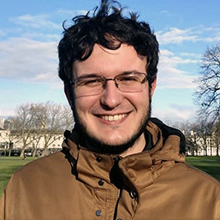 Juan Carlos Gabaldón Predoctoral Researcher
Juan Carlos Gabaldón Predoctoral Researcher



